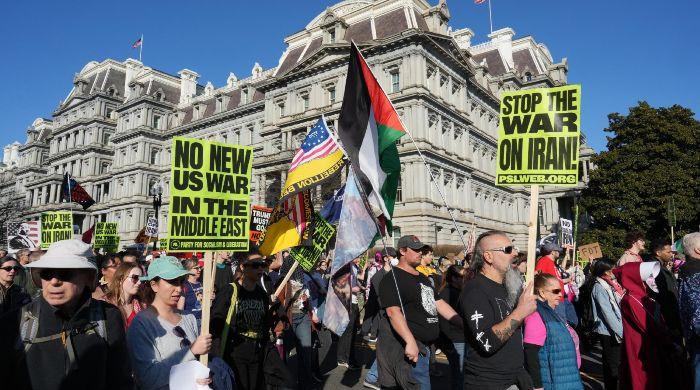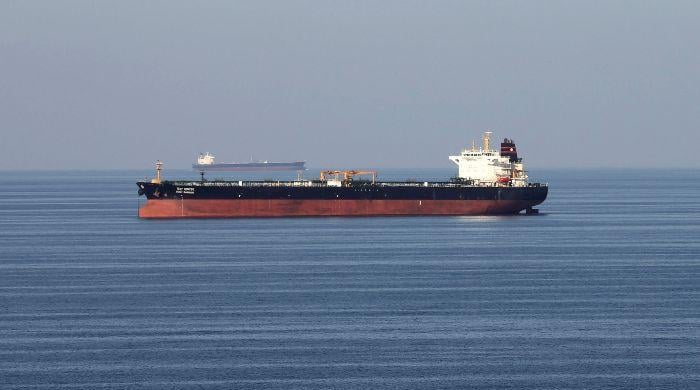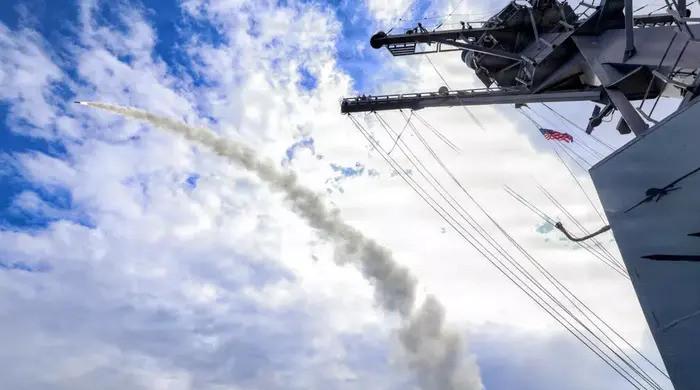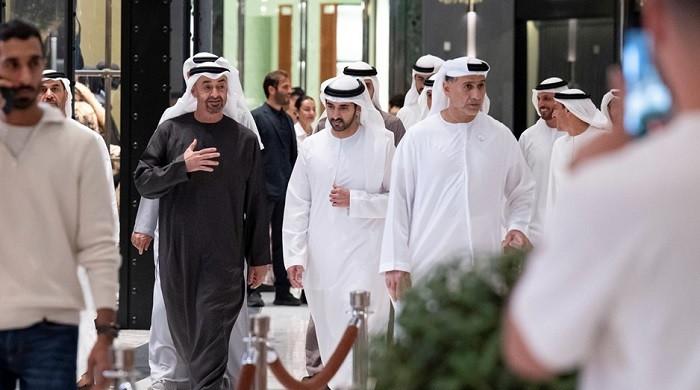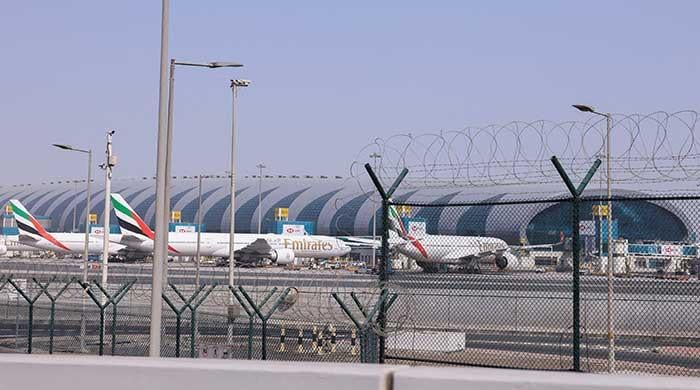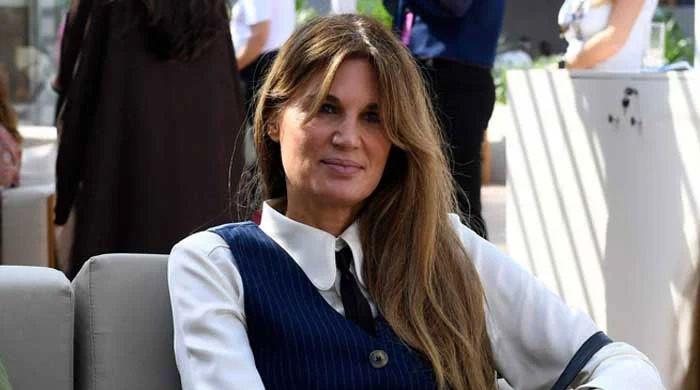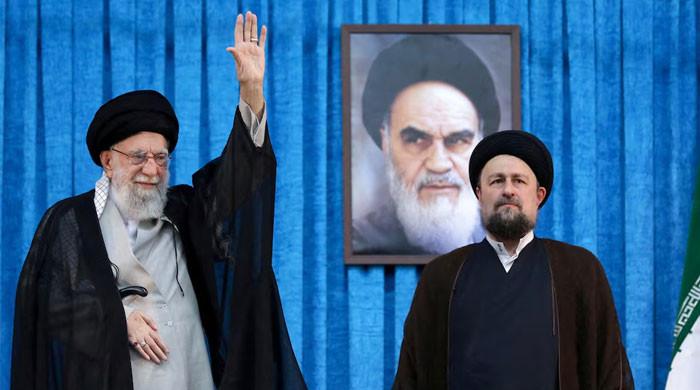Netizens welcome ceasefire with tears — but vow never to forget the pain
For more than 2m Gazans who have survived two years of siege, scars run deeper than any diplomatic paper can heal
October 09, 2025
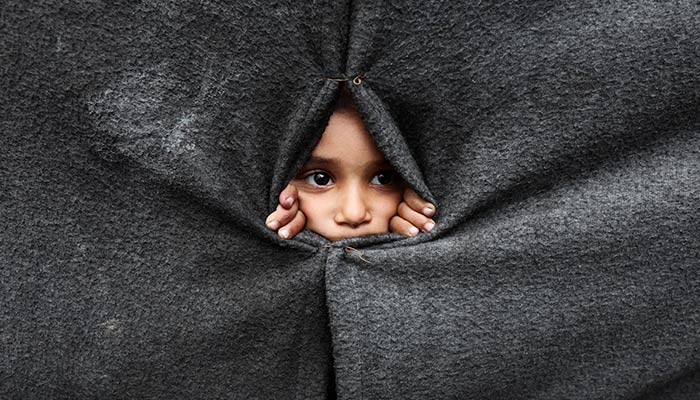
As news of a ceasefire deal between Israel and Hamas spread across Gaza, the battered enclave erupted in celebration, engulfed with grief and pain. After more than two years of unrelenting bombardment, displacement and famine, journalists and survivors alike said they could finally breathe again — but insisted the world must never forget what Gaza endured.
The deal — brokered in Sharm El-Sheikh under a US-backed plan — calls for Israel to release Palestinian prisoners and allow aid into Gaza, where famine was officially declared in August. Yet for the more than two million Gazans who have survived two years of siege, the scars run deeper than any diplomatic paper can heal.
For Gaza’s photojournalists, reporters, and authors who documented the horror up close, the ceasefire brought a fragile sense of reprieve, shadowed by disbelief.
"I hope this time is different. I hope it’s a real, lasting ceasefire. I hope we’re not given more false hope," Plestia Alaqad, an award-winning journalist, echoed a common sentiment that the ceasefire would hold, unlike last time.
Many Gazan journalists said the ceasefire was not an end, but a moment to breathe — to mourn, and to remember. “None of us made it out completely alive,” Maha Hussaini, a human rights advocate and journalist, wrote on X.
“But we will rise again, because the fight to end the illegal occupation will never die. We’ve made it with you, we’ve made it in you, our Gaza,” she added.
Many questioned whether Israel would honour the agreement, calling it “a test of promises made over the graves of thousands.”
Palestinian writer Dr Yara Hawari, in a thread posted on X, noted that there are a lot of unknowns in the Gaza ceasefire deal, as Israel is notorious for breaking ceasefire deals.
"We know that [Israeli PM] Netanyahu says one thing to an international audience and then something else to a domestic audience. We also know that Israel is not a good faith actor- it is a regime that has been found guilty of genocide by the highest court in the international legal regime," she added.
She believed it is really important that people understand that this is not the "peace deal" that it is being touted to be. "It certainly will not lead to the end of the occupation."
Another Palestinian writer, Mosab Abu Toha, said that the so-called peace plan offers little solace for those who have endured two years of horror.
Calling it “a peace plan without peace,” the writer asked how anyone could explain to future generations that the world “chose to stop a genocide in phases.” “I was its victim, its witness, and its unwilling chronicler,” they wrote.
Meanwhile, journalist Mehdi Hasan voiced doubt over President Trump’s peace claims, saying genuine peace in Gaza would require concrete actions first, adding that Trump “has a record of disappointment.”
Author Fatima Bhutto also questioned Israel’s intentions, expressing grief over the killings of journalists Al-Sharif and Hossam Shabat earlier this year.
For the people of Gaza, especially its journalists who chronicled the war from the frontlines, the truce felt less like peace and more like a fragile breath between battles — a moment to remember those lost and to remind the world that survival does not mean healing.




